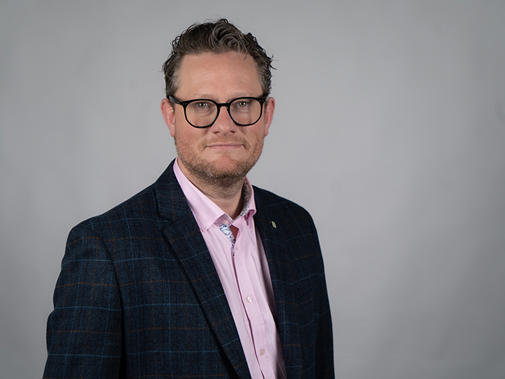Most of us first meet with a GP when we have our first check-up at six weeks old, and there are some patients out there that were delivered at home by their GPs in years gone by.
At the end of our lives, we’ll often be cared for by our GP, and in between times, we’ll see them at times of fear, joy, and pain. Ever present, and there when needed.
Some of my patients have been registered at my practice for more than 50 years and often talk with great fondness of their GPs. I want to be their GP, to provide continuity of care – the chance to know that patient over the years and travel with them through their life of health. But the NHS and government do not seem to be so interested in this therapeutic relationship, the benefits that come from continuity, and the trust my patients are able to place in me, which requires funding and resources to maintain.
Investing in GPs and the core of what we do will help our patients lead healthy lives, and give GPs careers that they’re able to work safely in. The independent contractor model is the ideal way in which that care is provided, but we need more investment towards our patients.
Inflation, increasing demand, and insufficient funding from government has robbed patients of their GPs and the care they provide. As GPs have been asked to do more for our patients with less money, it erodes the care we can give. Inflation running over 10% with increased energy costs have to be addressed by government. GPs cannot increase their charges like the supermarkets have, so it is vital government stops cheating our patients.
The way we give care to our patients has changed hugely in a short period of time. In my practice we’ve gone from a GP, a practice nurse and a few administrators, to a complex multidisciplinary team that delivers far more than traditional general practice.
The existence of PCNs (primary care networks) means practices work in a very different way, which has offered some benefits to patients, while introducing far greater complexity, inefficiency, and a red-tape heavy system. Stifling the local knowledge and innovation that practices could provide means patients lose out.
The Government needs to stop trying to reinvent the wheel and invest in core general practice contracts. Stop trying to chase the latest think-tank invented fad and give patients what they actually want and need – a properly funded general practice, with a GP that they know and trust who is in the centre of their community. Let’s keep the new staff and clinicians that have come into general practice, lets continue to cooperate and work with other local practices and providers, but let's get rid of artificially created and inefficient PCNs and put the money into efficient and effective general practice.
The BMA GPs committee England will be making a case for this in the next contract negotiation meetings with Government in the autumn, as outlined in our recently published Call to action for General Practice. In this plan, we are calling for GPs to: have more time to actually be GPs; funded properly with inflation taken into account; and providing health services to patients in the way that we know works best for our local communities. We will be able to see our patients quicker and give them the care they need if we have more capacity and measures are enforced to help us manage the demand for our services.
We want government to fund us to be family GPs so we can care for our patients as best as we can. This is how we really solve the Government's access problem – funding and trusting GPs to deliver the best care for our patients.
This is part of a series exploring GPC England's key policy calls. You can learn more in our Call to action for general practice document and let us know what you think by emailing us.

